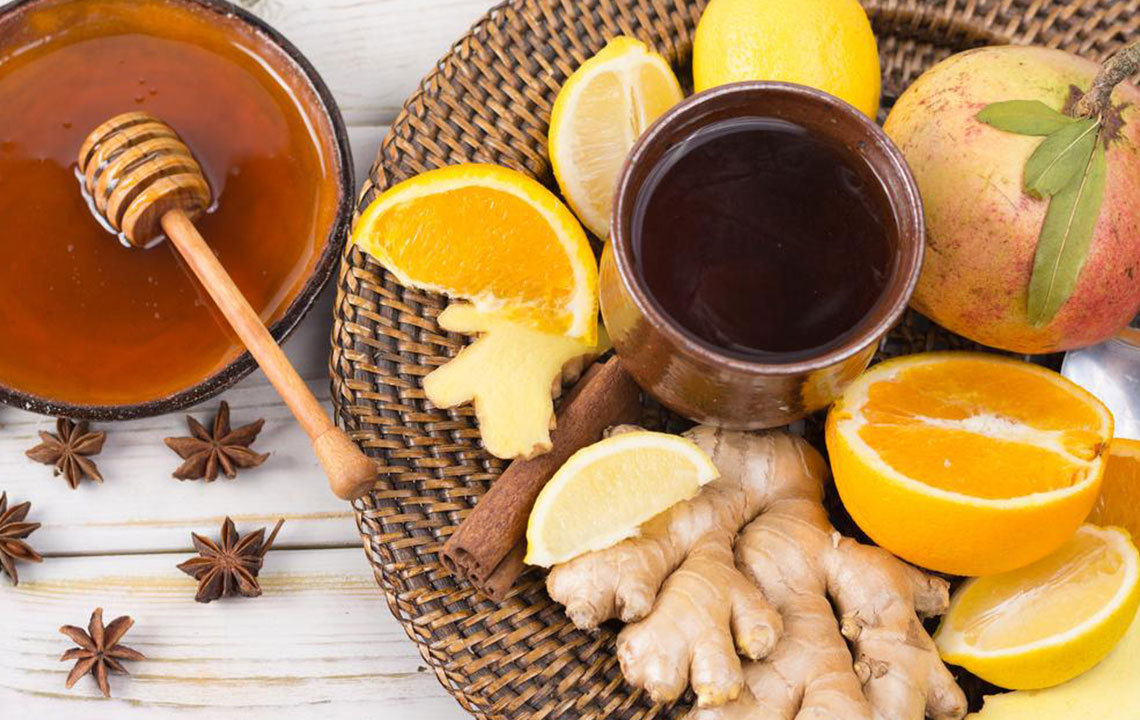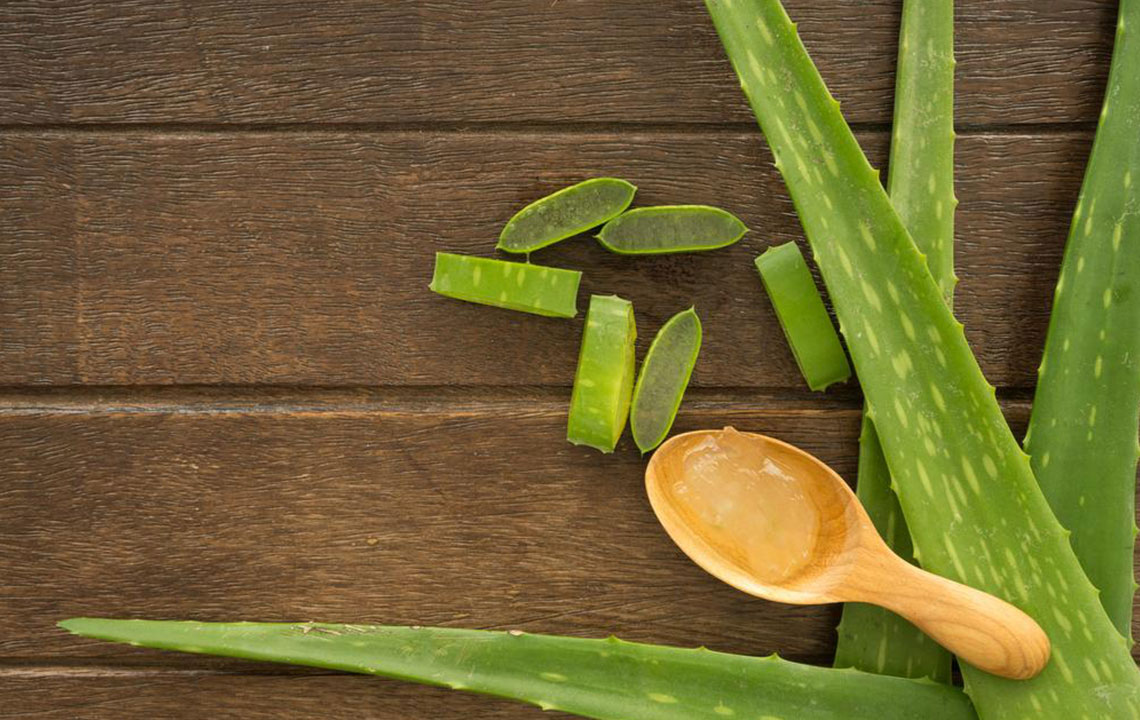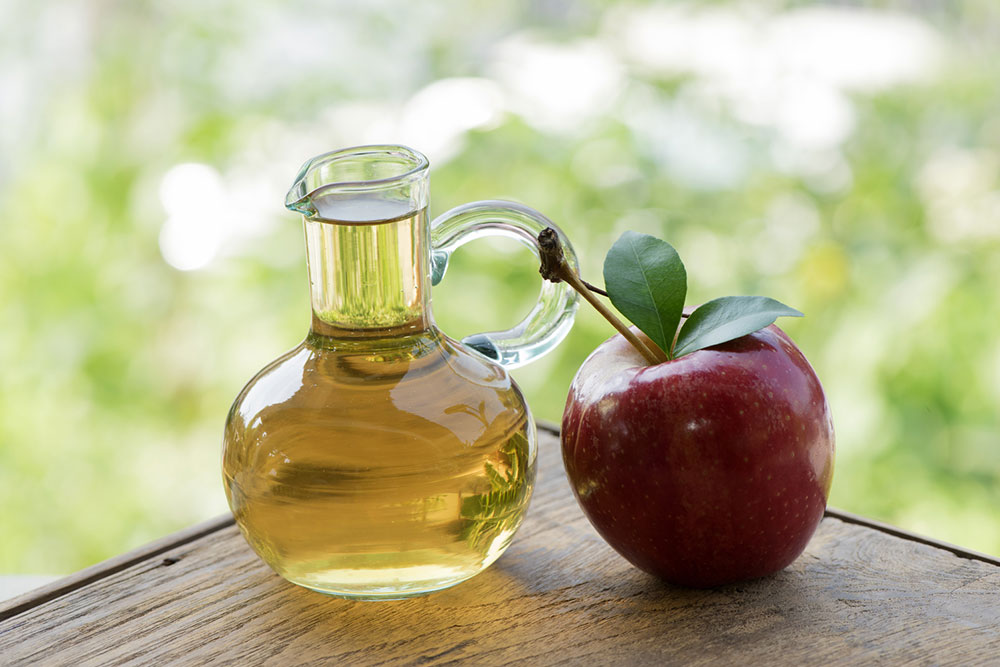Holistic Approaches to Managing Enlarged Prostate Gland Naturally
Explore comprehensive natural approaches to managing enlarged prostate gland, including herbal remedies, dietary adjustments, and lifestyle changes. Learn about medical options and how a holistic strategy can support prostate health safely and effectively, especially as you age. Consult healthcare providers for personalized care.

Comprehensive Natural Strategies for Enlarged Prostate Management
The prostate gland, a small yet vital organ in male reproductive health, is often compared in size to a walnut. It encircles the urethra, the tube through which urine exits the bladder, and plays a critical role in semen production. During childhood, the prostate remains small, but it typically enlarges with age, a natural part of the aging process. However, excessive growth of the prostate, known as benign prostatic hyperplasia (BPH), can lead to uncomfortable and sometimes serious health issues.
This condition can cause urinary obstruction, increase the risk of urinary tract infections, and lead to frequent nighttime urination, significantly impacting quality of life. While conventional treatments include medications and surgical interventions, many men seek natural remedies to manage symptoms and possibly slow progression. In this comprehensive guide, we explore a range of natural and lifestyle strategies to support prostate health and manage enlargement effectively.
Current medical treatments for prostate enlargement
Traditional medical options for BPH include medications such as alpha-adrenergic blockers, like Terazosin, which relax the muscles of the prostate and bladder neck to improve urine flow. Additionally, medications like dutasteride and finasteride work by shrinking the prostate gland over time by blocking hormonal pathways involved in prostate growth. For severe cases where medications are ineffective, surgical procedures such as transurethral resection of the prostate (TURP) or laser prostatectomy may be recommended. It is essential to consult a healthcare provider to develop a personalized treatment plan tailored to individual needs.
Exploring herbal and natural remedies for prostate health
Natural therapies and herbal supplements have gained popularity among men seeking to manage BPH symptoms with fewer side effects. While they may not eliminate the condition entirely, many of these options can improve urinary function and potentially slow prostate growth. Here are some of the most researched and widely used natural remedies:
Beta-sitosterol: This plant-derived phytosterol has been shown to help relieve urinary symptoms associated with BPH by improving urine flow and decreasing residual urine volume. It is generally well-tolerated and can be incorporated into daily health routines.
Rye grass pollen extract: Extracted from various grass pollens, this supplement has demonstrated effectiveness in reducing nocturia (nighttime urination) and improving overall urinary flow. It supports bladder emptying and reduces discomfort caused by prostate enlargement.
Saw palmetto: An herb commonly used in traditional medicine to treat urinary symptoms related to prostate issues. Multiple studies suggest saw palmetto can reduce urinary frequency, urgency, and nighttime urination, with minimal adverse effects. Its safety profile makes it a popular choice among natural therapies.
Pygeum: Derived from the bark of the African plum tree, pygeum has been used for centuries to alleviate urinary problems. It may help reduce symptoms such as weak stream and frequent urination, although some individuals may experience minor stomach upset.
Stinging nettle: Often combined with saw palmetto and pygeum, nettle root extract is believed to support urinary function and decrease inflammation. Its mild side effect profile makes it suitable for long-term use.
Integrating these herbal remedies can be part of a holistic approach to prostate health, but it is crucial to discuss their use with a healthcare professional, especially if you are already on medication or have other health issues.
Diet and lifestyle modifications to enhance prostate health
A balanced diet rich in specific vitamins and minerals can substantially support prostate health. Emphasizing foods high in zinc, vitamin C, and antioxidants helps combat oxidative stress and supports immune function. Incorporate plenty of vegetables, particularly those rich in vitamin C such as bell peppers, citrus fruits, and leafy greens.
Reducing alcohol consumption can also benefit prostate health by decreasing inflammation and hormonal imbalance. Maintaining a healthy weight through regular physical activity is paramount, as obesity is associated with increased risk of prostate issues. Furthermore, staying hydrated and avoiding excessive caffeine and spicy foods can reduce urinary irritation and improve overall urinary function.
Combining natural remedies with lifestyle changes creates a comprehensive approach to managing prostate health. In addition, certain dietary supplements, such as saw palmetto or beta-sitosterol, can be incorporated into daily routines to enhance the effects of lifestyle modifications.
More advanced cases of BPH or persistent symptoms after natural management may require medical interventions. Procedures such as Transurethral Needle Ablation (TUNA), which employs radiofrequency energy to target excess prostate tissue, or minimally invasive surgeries, can be considered. Always consult a healthcare professional to evaluate the severity of prostate enlargement and determine the most appropriate treatment strategy.
Overall, adopting a proactive approach that encompasses natural therapies, dietary choices, and lifestyle modifications can significantly improve prostate health, reduce symptoms, and enhance overall well-being. Regular check-ups and open communication with your healthcare provider are essential to monitor progress and adjust strategies as needed.




